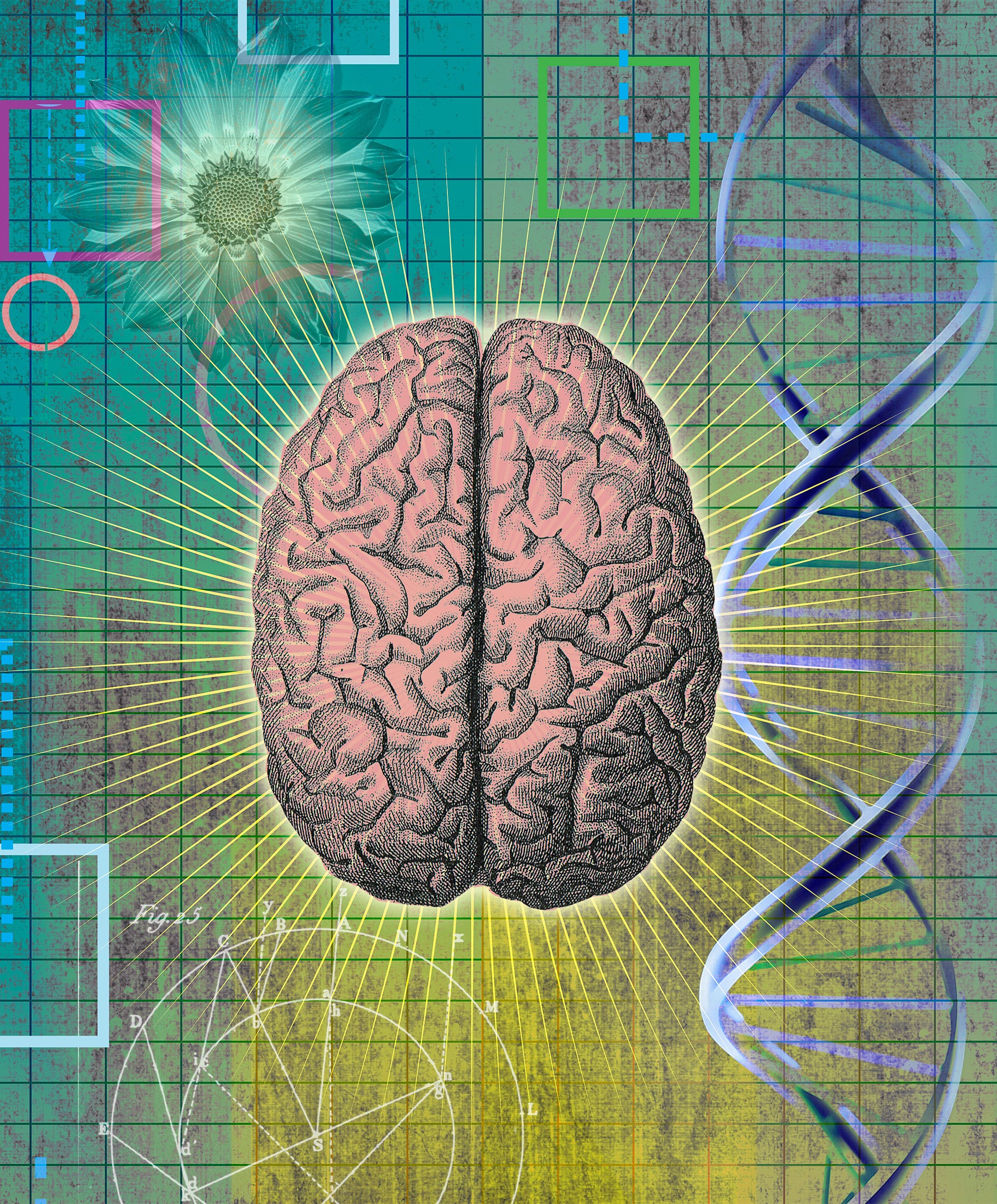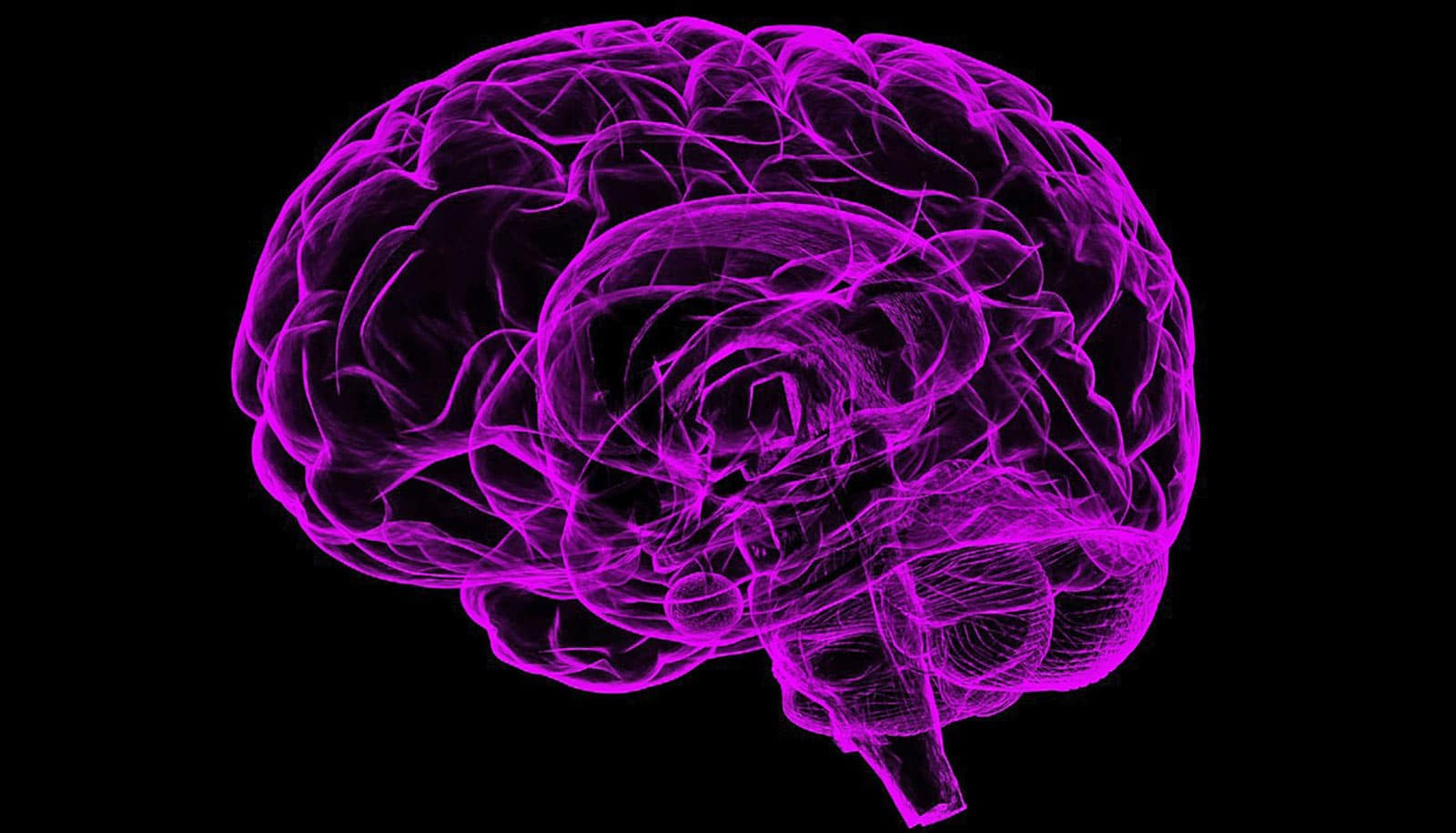Expanding Alzheimer's research with primates could overcome the problem with treatments that show promise in mice but don't help humans
Nonhuman primates like rhesus monkeys share certain characteristics with people that may make them better study subjects than mice for research on neurodegenerative diseases.
Amanda M. Dettmer, Associate Research Scientist, Yale University
• conversation
Aug. 31, 2022 • ~9 min
Aug. 31, 2022 • ~9 min
Diet can influence mood, behavior and more – a neuroscientist explains
Diets high in fat, sugar and processed foods are associated with higher calorie intake, poorer memory and lower cognitive function.
Monica Dus, Associate Professor of Molecular, Cellular, and Developmental Biology, University of Michigan •
conversation
Aug. 24, 2022 • ~9 min
Aug. 24, 2022 • ~9 min
Many drugs have mirror image chemical structures – while one may be helpful, the other may be harmful
From thalidomide to resveratrol, molecules with the exact same chemical properties can have drastically different effects in the body depending on how they’re arranged in space.
Sajish Mathew, Assistant Professor of Drug Discovery and Biomedical Sciences, University of South Carolina •
conversation
Aug. 3, 2022 • ~7 min
Aug. 3, 2022 • ~7 min
Alzheimer’s-defying brain offers clues to treatment, prevention
The brain of a woman with a family history of early-onset Alzheimer’s disease who lived dementia-free into her 70s is providing researchers with important information about the pathobiology of Alzheimer’s dementia and possible ways to prevent or treat it.
Neil Osterweil •
harvard
Aug. 1, 2022 • ~6 min
Aug. 1, 2022 • ~6 min
/
28









